
Crystals have become increasingly popular in recent years, appearing in jewelry, home décor, meditation practices, and even health routines. Many people believe crystals offer spiritual or emotional benefits, leading Christians to ask: Can I wear crystals as a Christian?
This is an important question because it touches on faith, personal conviction, and how we approach spiritual practices. In this article, we’ll explore the history of crystals, what the Bible says, Christian perspectives on their use, and how believers can make thoughtful decisions.
Panaprium is independent and reader supported. If you buy something through our link, we may earn a commission. If you can, please support us on a monthly basis. It takes less than a minute to set up, and you will be making a big impact every single month. Thank you!
The History of Crystals and Spirituality
Crystals have been used for thousands of years by various civilizations, including the Egyptians, Greeks, Romans, Native Americans, and cultures across Asia. People have valued crystals for:
-
Protection
-
Healing
-
Spiritual communication
-
Symbolism
Ancient cultures believed crystals could connect them to divine forces or strengthen their inner lives. However, it's important to note that many of these uses were rooted in spiritual systems very different from Christianity.
Crystals in the Bible
Interestingly, the Bible does mention precious stones and crystals several times—though not necessarily in the ways modern crystal enthusiasts use them.
Old Testament References
In Exodus 28, God commands Moses to create a breastplate for the High Priest, embedded with twelve precious stones:
"The breastpiece is to have twelve stones... each engraved like a seal with the name of one of the twelve tribes." (Exodus 28:17-21, NIV)
These stones included sapphire, emerald, topaz, and amethyst. They were used to represent the tribes of Israel and to reflect the beauty and glory of God.
In Ezekiel 28, a description of Eden includes mentions of stones like ruby and jasper, again showing their association with beauty and value.
New Testament References
The Book of Revelation describes the New Jerusalem as being adorned with an array of precious stones:
"The foundations of the city walls were decorated with every kind of precious stone..." (Revelation 21:19-20, NIV)
Clearly, the Bible acknowledges crystals and gemstones as part of God's beautiful creation. However, it does not suggest that these stones possess magical powers or should be worshiped.
Biblical Warnings About Spiritual Practices
While the Bible honors the beauty of gemstones, it strongly warns against certain spiritual practices.
Idolatry
One of the clearest commandments is to avoid idolatry:
"You shall have no other gods before me." (Exodus 20:3, NIV)
If someone uses crystals as objects of worship, seeking healing, power, or guidance from them instead of God, that practice would fall into idolatry—something Christians are called to avoid.
Sorcery and Divination
The Bible also cautions against sorcery, witchcraft, and divination:
"Let no one be found among you... who practices divination or sorcery, interprets omens, engages in witchcraft." (Deuteronomy 18:10, NIV)
If crystals are used in a way that involves fortune-telling, magic rituals, or attempts to manipulate spiritual forces independently of God, such practices are not consistent with Christian teaching.
Can Christians Wear Crystals?
So, can a Christian wear crystals? The answer largely depends on intent and belief.
Wearing Crystals for Their Beauty
If you are wearing a crystal simply because you appreciate its beauty—as you might wear a gold ring or a silver necklace—there is no biblical reason why that would be wrong. After all, God created the natural world, and admiring it is a form of honoring His work.
-
A necklace with a rose quartz pendant worn for its pink color is no different from wearing a pearl necklace for its elegance.
-
A pair of earrings featuring amethyst because you love purple is just fashion, not faith.
Wearing Crystals as Symbols
Some Christians wear crosses, fish symbols, or other Christian jewelry to remind themselves of their faith. Similarly, wearing a crystal as a symbol—for example, as a reminder to stay peaceful or trust in God’s healing—can be meaningful if your faith remains in God, not in the object.
For instance:
-
You might wear a clear quartz pendant and see it as a reminder that Christ purifies your heart.
-
You might wear turquoise and remember that God is your protector.
In this case, the crystal acts as a symbol, not a source of power.
When Caution Is Needed
Caution is needed if:
-
You believe the crystal itself has supernatural power apart from God.
-
You seek healing, guidance, or protection primarily through the stone rather than through prayer and faith.
-
You engage in rituals that center on crystal energy, chakras, or spirit communication outside Christian teachings.
In these cases, the practice can easily drift into New Age spirituality, which often contradicts Christian beliefs.
Perspectives From Christian Leaders
Christian leaders often advise believers to examine their hearts when considering practices like wearing crystals.
Pastor and theologian John Piper emphasizes that Christians must keep their faith centered fully on Christ. He warns against anything that replaces dependence on God.
Similarly, many Christian counselors suggest asking key questions:
-
Why am I wearing this?
-
Am I seeking power or protection from something other than God?
-
Does this practice honor Christ?
If the answers are honest and rooted in faith, wearing crystals as beautiful accessories or reminders is generally considered acceptable.
Discerning Personal Conviction
The Apostle Paul offers helpful guidance on matters where Scripture does not give a direct command:
"So whether you eat or drink or whatever you do, do it all for the glory of God." (1 Corinthians 10:31, NIV)
And:
"One person considers one day more sacred than another; another considers every day alike. Each of them should be fully convinced in their own mind." (Romans 14:5, NIV)
Paul acknowledges that Christians may have different convictions about certain practices. What matters is that:
-
You act in faith
-
You avoid causing others to stumble
-
You honor God in all you do
Thus, if wearing crystals strengthens your walk with Christ or brings joy without replacing your trust in God, it can be a personal choice made in good conscience.
How to Approach Crystals as a Christian
If you decide to wear or use crystals as a Christian, here are a few suggestions to keep your focus clear:
1. Stay Rooted in Scripture
Always let God’s Word be your guide. Read Scripture regularly to keep your mind and heart aligned with biblical truth.
2. Pray for Discernment
Ask the Holy Spirit for wisdom and discernment when making choices about spiritual practices. Trust that God will guide you.
3. Avoid New Age and Occult Practices
Stay away from any teachings, books, or practices that encourage seeking power, healing, or revelation through crystals apart from God.
4. Use Crystals as Symbols, Not Sources
If you choose to wear crystals, treat them as reminders of God's truth, not as magical objects. For example, an amethyst ring might remind you to stay spiritually clear-minded and prayerful.
5. Be Respectful of Others
Some Christians may feel uncomfortable around crystals due to their associations with New Age beliefs. Be sensitive to the conscience of fellow believers and avoid causing confusion or offense.
Conclusion: Focus on Christ, Not Crystals
Can a Christian wear crystals?
Yes—if your heart remains anchored in Christ and you view crystals as part of God’s beautiful creation, not as spiritual tools replacing your dependence on Him.
The Bible celebrates the beauty of gemstones but warns against seeking spiritual power apart from God. The key lies in intent, faith, and focus. As with many things in the Christian life, it's not always about the object itself but the heart behind it.
If you wear a crystal necklace simply because you enjoy it—or because it reminds you of God’s strength, peace, or love—you can do so with a clear conscience. Just remember: your hope, healing, and salvation come from Jesus Christ alone, not from any stone or object.
At the end of the day, it’s not about the crystals.
It’s about Christ.
Was this article helpful to you? Please tell us what you liked or didn't like in the comments below.
About the Author: Alex Assoune
What We're Up Against
Multinational corporations overproducing cheap products in the poorest countries.
Huge factories with sweatshop-like conditions underpaying workers.
Media conglomerates promoting unethical, unsustainable products.
Bad actors encouraging overconsumption through oblivious behavior.
- - - -
Thankfully, we've got our supporters, including you.
Panaprium is funded by readers like you who want to join us in our mission to make the world entirely sustainable.
If you can, please support us on a monthly basis. It takes less than a minute to set up, and you will be making a big impact every single month. Thank you.



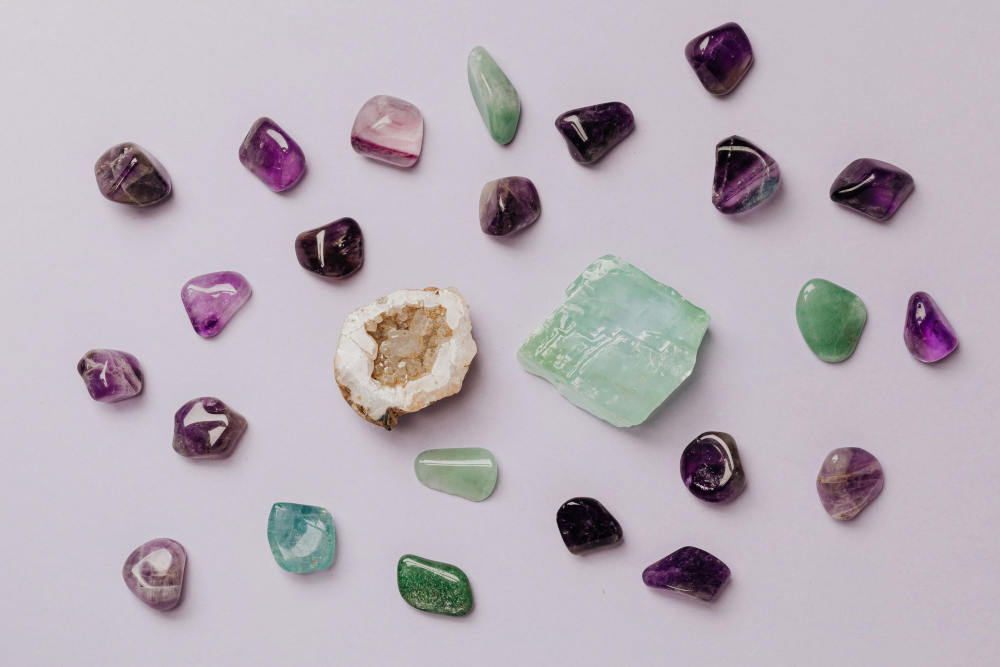
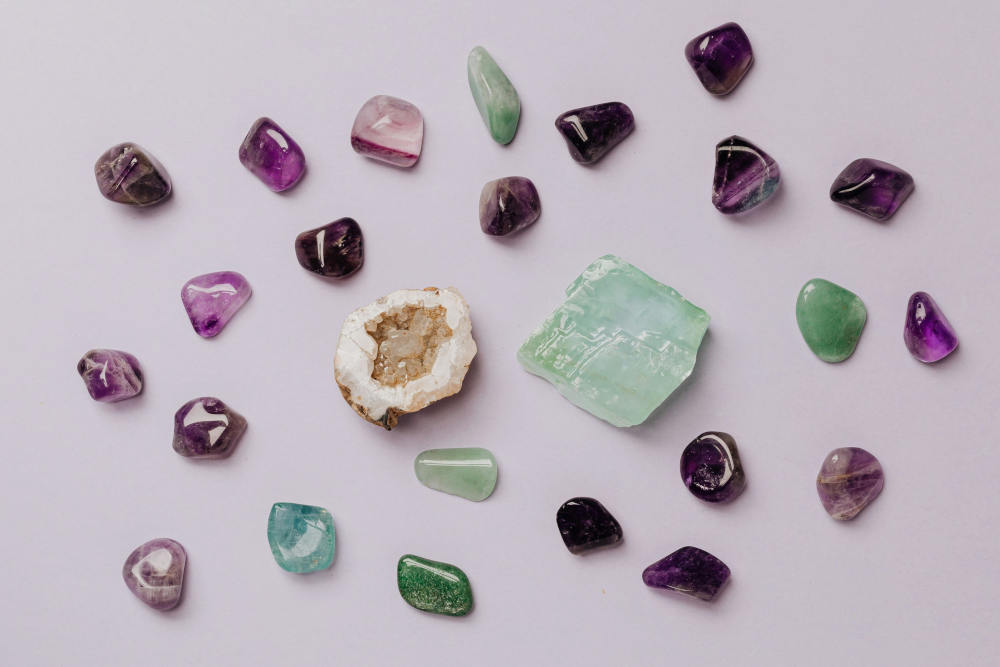
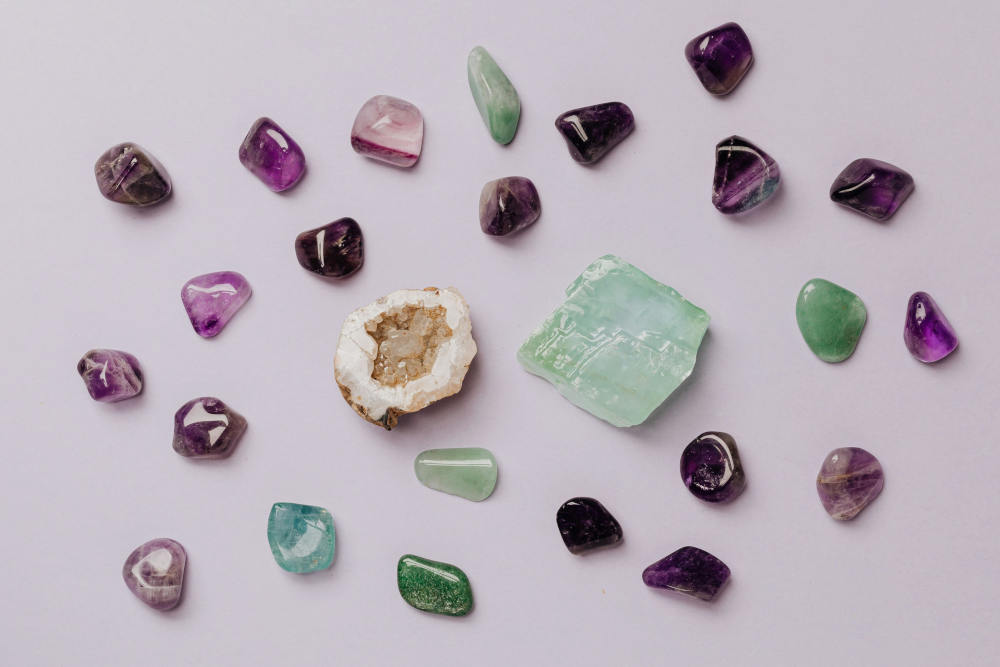
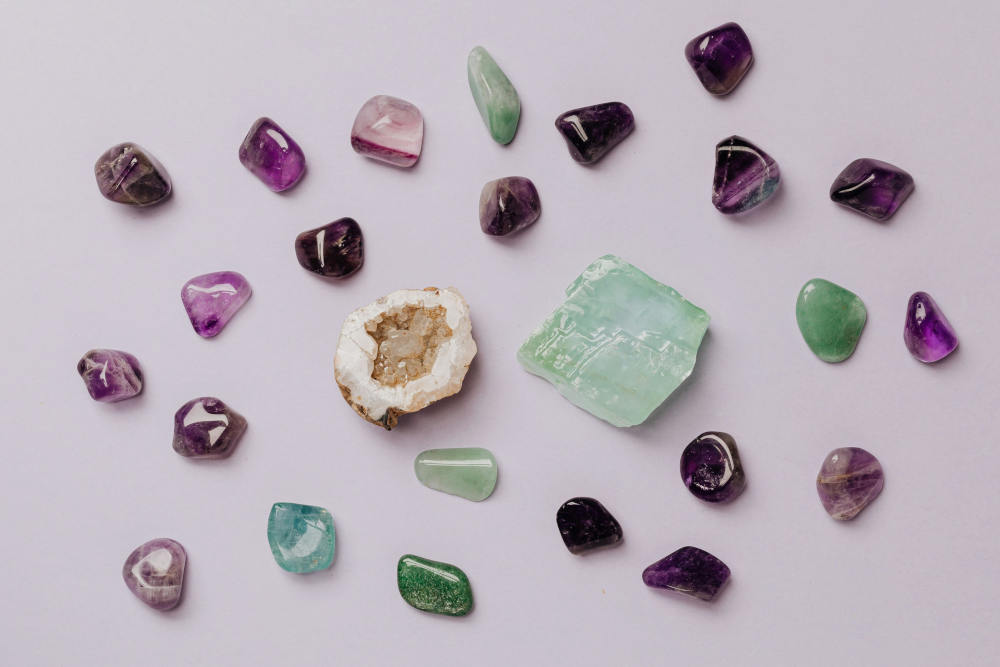




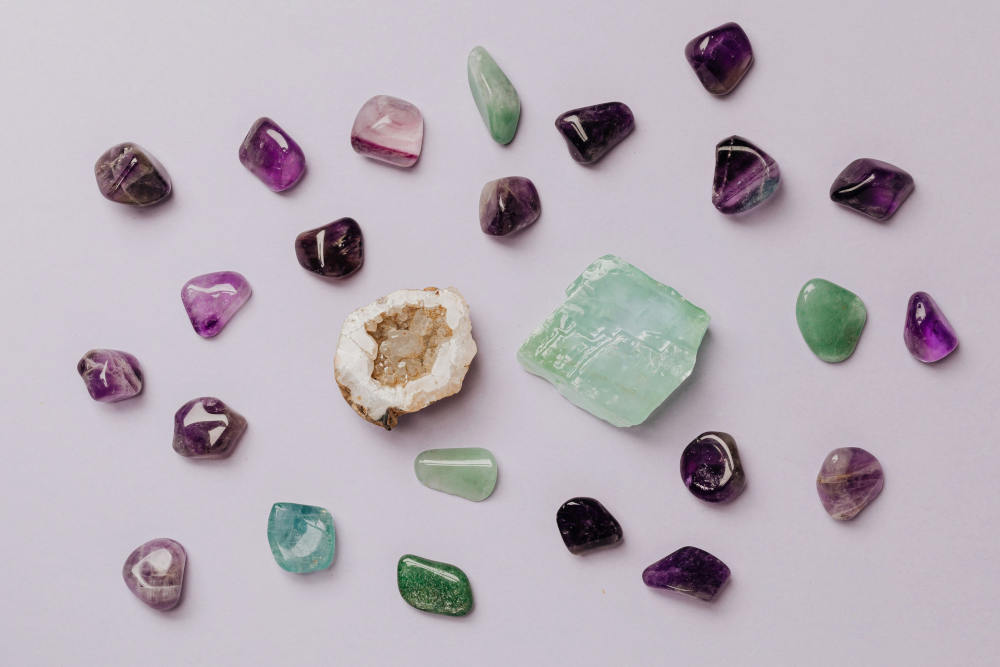



















0 comments